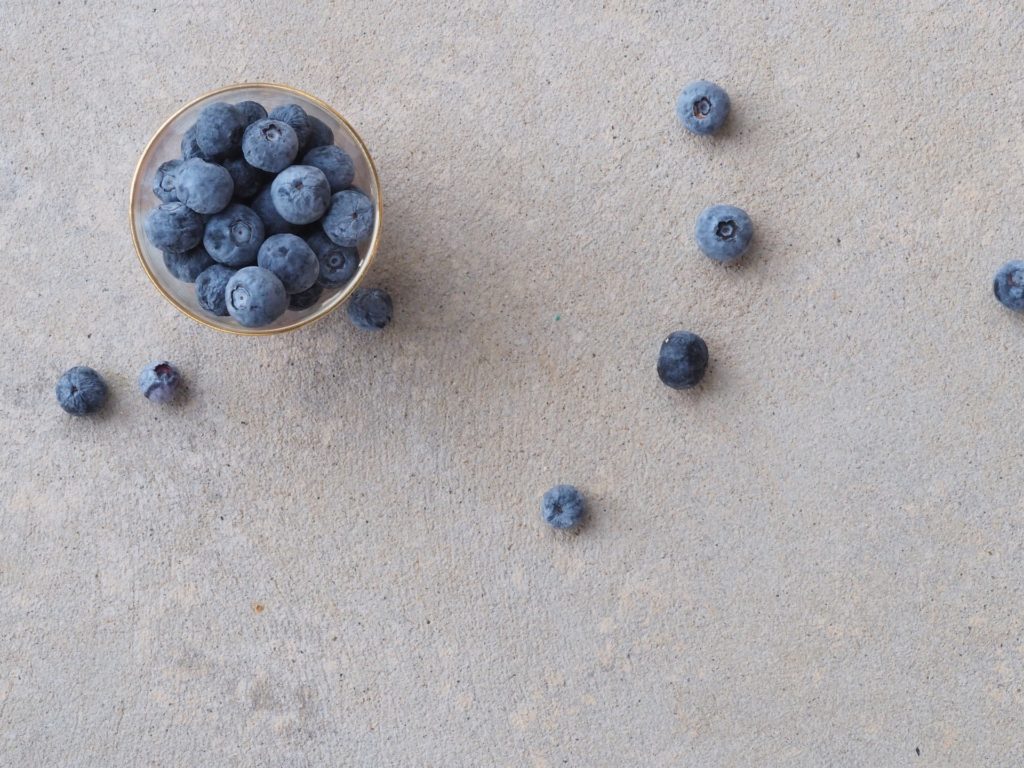 During pregnancy, it’s important to be mindful of what you eat. Eating a healthy and balanced diet is crucial during pregnancy to support the growth and development of the fetus.
During pregnancy, it’s important to be mindful of what you eat. Eating a healthy and balanced diet is crucial during pregnancy to support the growth and development of the fetus.
Here are some foods that you should avoid or limit while pregnant:
- Raw or undercooked meat, poultry, and seafood: These foods can contain harmful bacteria, viruses, or parasites that can cause food poisoning, which can harm your baby.
- Certain types of fish: Fish high in mercury, such as shark, swordfish, king mackerel, and tilefish, should be avoided as they can harm your baby’s developing nervous system. Instead, opt for low-mercury fish like salmon, trout, and tilapia.
- Raw or undercooked eggs: Raw or undercooked eggs can be contaminated with salmonella, which can cause food poisoning.
- Unpasteurized dairy products: Unpasteurized dairy products can contain harmful bacteria, such as listeria, which can cause miscarriage or stillbirth.
- Certain types of cheese: Soft cheeses like brie, feta, and camembert can also contain listeria, so it’s best to avoid them during pregnancy.
- Processed foods: Processed foods, such as deli meats and hot dogs, can contain harmful bacteria, so they should be avoided or heated to steaming hot before eating.
- Caffeine: While moderate amounts of caffeine are generally considered safe during pregnancy, it’s best to limit your intake to no more than 200 mg per day.
Here are some foods that are good to eat during pregnancy:
- Fruits and Vegetables: Fresh fruits and vegetables are a great source of essential vitamins, minerals, and fiber. Aim to eat a variety of colorful fruits and vegetables each day.
- Whole Grains: Whole grains like whole wheat bread, brown rice, and oatmeal provide fiber and other important nutrients like iron, folate, and B vitamins.
- Lean Proteins: Lean proteins like chicken, turkey, fish, beans, and lentils provide important nutrients like iron, zinc, and B vitamins.
- Dairy Products: Dairy products like milk, cheese, and yogurt are a great source of calcium, which is important for the development of the baby’s bones.
- Healthy Fats: Foods that are high in healthy fats, such as avocados, nuts, seeds, and olive oil, provide essential fatty acids that support the baby’s brain and eye development.
It’s important to talk to your healthcare provider about your specific dietary needs during pregnancy and to follow their recommendations for a healthy pregnancy. If you are interested in learning more about surrogacy options or are interested in becoming a surrogate mother, please contact us at 713-622-1144, and we will be here to help you with any questions.


Recent Comments